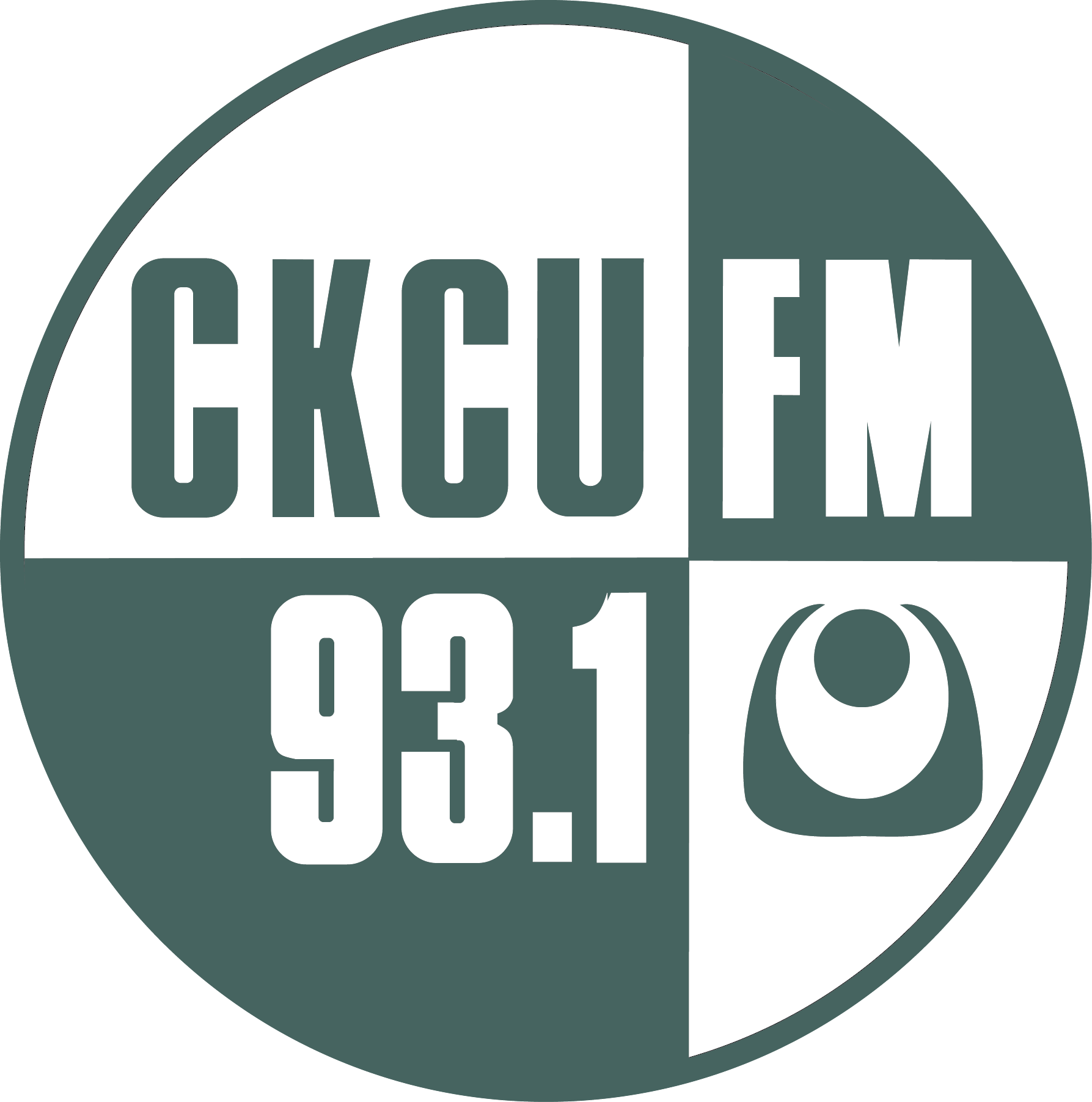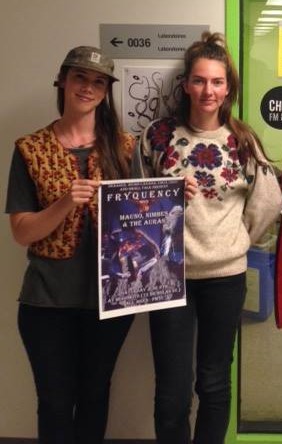Rachel Weldon named Debaser after a Pixie’s song she found while scrolling through her iPod. Debaser started as a CKCU FM radio show that gradually grew to become a local promoter of under-recognized acts in Ottawa’s music scene.
Weldon and her partner Emily McQuarrie are planning to make a few major alterations to Debaser starting this fall, including changing the status of the organization and restoring an old show.
Debaser curates events regularly that showcase local bands. The organization also focuses on putting underrepresented genders on stage, such as women and people who are a part of the LGBTQ spectrum.
“Part of our goal in putting underrepresented folks on stage is to help other folks to be inspired. They see themselves in the person on stage and they picture themselves as performers. You know, they look like you,” Weldon said.
As a part of this goal, Debaser collaborates with other local collectives such as Babely Shades, an organization that aids in assisting individuals of colour within the artistic industry. Debaser and Babely Shades collaborate to show how seemingly progressive punk spaces are reinforcing the same hierarchy and marginalization seen across the music industry as a whole.
“They are incredible. They have done some of the most challenging and selfless work and I know it’s been so hard on their collective and them personally. It’s very emotional work and thank goodness for them,” Weldon said. “They were pretty much the first people to call us out on not really considering the erasure of colour in the music scene and it’s always difficult to receive criticism but it’s so essential.”
Debaser was not always an organization. It had its humble beginnings as a radio show. Weldon said she first broadcast the show through CKCU FM 93.1 for the first time in October 2012.
Shortly after this, McQuarrie joined through her connection with Weird Canada, a blog for emerging and experimental Canadian musicians and artists.
“The executive director at Weird Canada, Marie Flanagan, sent an email and was like ‘You both are interested in doing shows in Ottawa. You should connect,’” Weldon said. “So we did our first show together—probably it was in May 2013.”
McQuarrie said Weird Canada inspired her to get involved with Debaser and helped her build it into the organization it is today. The excitement she felt for the music industry, the community, and for interacting with people is what McQuarrie said pushed her to be involved music.
Debaser began to take shape as an organization. Weldon and McQuarrie created the event series Fryquency to help minorities receive recognition in the music industry by showcasing their talent through live shows. Fryquency was usually held at the now defunct jail house courtyard, Mugshots.
“That used to be our regular spot to book. It’s a hostel bar, an international hostel. The bar was run by some really young people around our age,” Weldon said. “I’ve heard the manager of the hostel is not really as on board with shows there and he actually ended up shutting us down, but the people who ran the bar were always really great. It was such a great place to book. It was so easy.”
Since the closure, they’ve been unable to find a replacement for Mugshots. According to Weldon they currently book shows in cafes like Pressed, Black Squirrel Books, Happy Goat Coffee Company, as well as at nightclubs like Zaphods.
The two said they will be taking time off from Debaser in the fall to further establish and add to the organization.
“For so long I’ve been consumed with doing shows and not having enough time to just work on building the organization so we have some dreams that we’ve started to plan out,” explained Weldon.
Their first goal is to get more funding to bring back their event series, Fryquency. The series was dependent on support from Mugshots, said Weldon. The venue supplemented the artists’ fees and that allowed them to pay the artists.
They have various deadlines put in place to help ensure they bring their funding back. They are hoping to receive an Ontario Arts Council grant by November says Weldon, but it will take at least another six months to obtain more funding.
Weldon and McQuarrie also plan to change Debaser from an unincorporated non-profit organization to an incorporated one.
“If we became incorporated as a non-profit, it would help us help other groups that are not incorporated as a non-profit. You get some perks when you’re a non-profit so you can use those to help other organizations that do similar things,” McQuarrie said.
These perks include discounts from various businesses, venues and equipment rental companies, more eligibility for funding, and providing legitimacy for unincorporated non-profits
In addition to this, they want to release a second mixtape. Their first mixtape, Mood Ring, was released in September 2015.
“It’s a lot of things to do and it’s really legitimizing but it’s also really scary because it comes with expenses and stuff like that,” Weldon said.
Despite this uncertainty, McQuarrie says she is “feeling the most confident” she’s ever felt.

